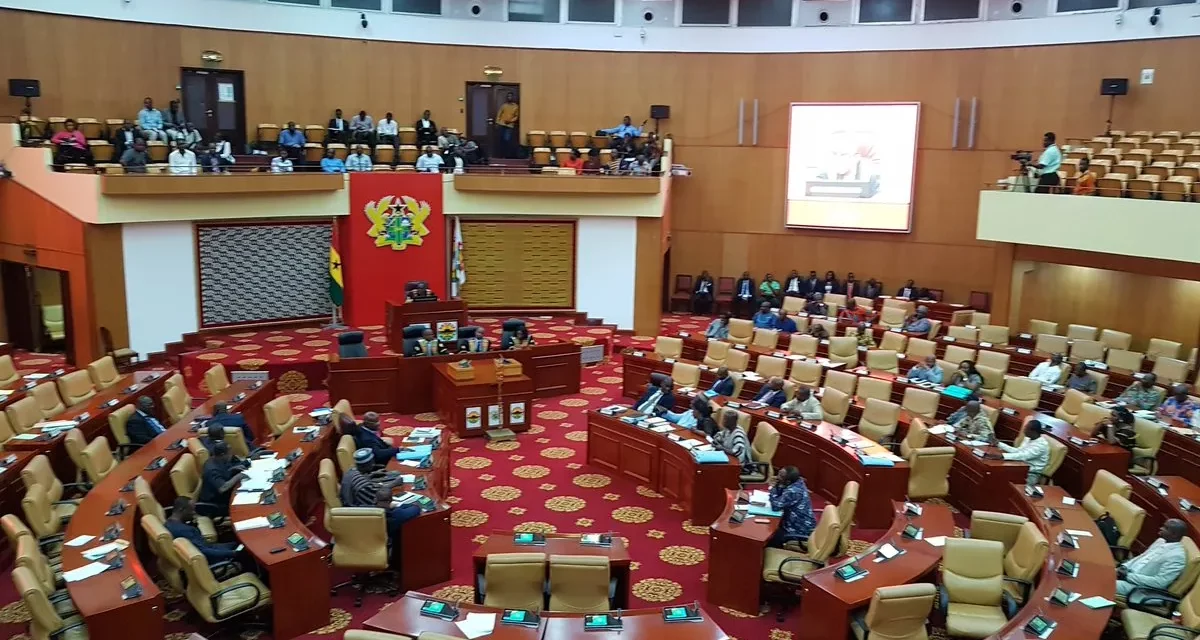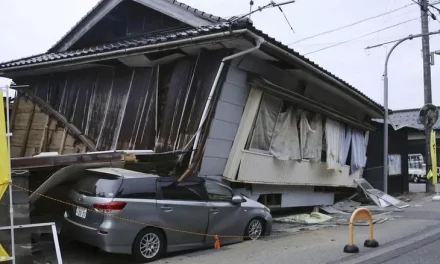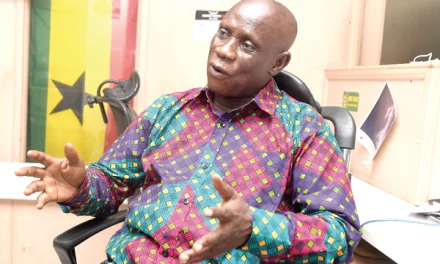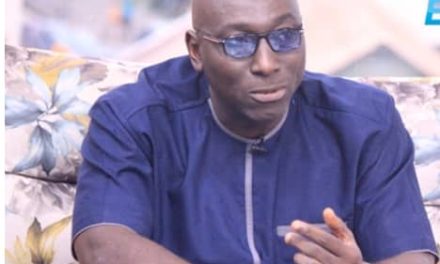
Parliament Takes Anti-LGBTQ+ Bill Through 2nd Reading5 min read
Posted by time97.7fm | July 5, 2023 3:56 pm | Politics, News | 0 |

On Wednesday, July 5, 2023, the Member of Parliament for Ho West and one of the sponsors of the Bill, Emanuel Kwasi Bedzrah, moved the motion for second reading of the “Promotion of Proper Sexual Human Rights and Ghanaian Family Values Bill 2021” and the motion was supported by the Deputy Minister of Education, MP for Assin South, and one of the sponsors of the Bill.
The Private Members’ Bill (PMB) was introduced by eight (8) Members of Parliament from both sides of the House—seven from the NDC and One from the NPP—and Samuel Nartey George, on behalf of the group, laid the Bill in Parliament on Monday, August 2, 2021.
The object of the bill, as contained in the memorandum accompanying the Bill, is to provide for proper human sexual rights and Ghanaian family values; proscribe LGBTQ+ and related activities; prescribe propaganda of, advocacy for, or promotion of LGBTTQQIAAP+ and related activities; provide for the protection and support of children, persons who are victims or accused of LGBTTQQIAAP+ and related activities, and other persons; and related matters.
The Committee on Constitutional, Legal, and Parliamentary Affairs had about three public hearings on the Promotion of Proper Human Sexual Rights and Ghanaian Family Values Bill, 2021.
The purpose of the public hearing was to give individuals and organisations who have submitted memoranda on the Bill the opportunity to justify their submissions and offer a further explanation of their views on the matter.
Representatives from Key Watch Ghana, the Assemblies of God, the Interfaith Diversity Network for West Africa, and the Alliance for Equality and Diversity made various presentations on the Bill during the sitting.
In presenting the Committee’s report, the Chairman of Constitutional, Legal, and Parliamentary Affairs, Kwame Anyimadu-Antwi, noted, “majority of Ghanaians were in favour of the passage of the Bill. However, there are significant human rights concerns which are worthy of consideration.”
Pursuant to Article 12(1) of the Constitution, all organs of the State, including the Executive, judiciary, and Parliament, have a constitutional duty to respect and uphold the fundamental human rights enshrined under the 1992 Constitution.
And, in light of the above constitutional imperatives, the Committee decided to seek the opinion of the Attorney-General and Minister of Justice on the Bill.
The Attorney-General’s concerns were duly considered, the report stated.
“The Committee, accordingly, recommends to the House to adopt its report and pass into law the Proper Human Sexual Rights and Ghanaian Family Values Bill, 2021, subject to the amendments proffered by the Committee.
The Bill comprises twenty-five (25) clauses and is divided into seven sections under the following:
(a) Preliminary Provisions (Clauses 1 to 2) – contains provisions on the application of the Bill and interpretations.
(b) Proper Human Sexual Rights and Ghanaian Family Values (Clauses 3 to 5) – deals with imposition of duty to promote proper human sexual rights and Ghanaian family values, prohibitions against undermining proper sexual human rights and Ghanaian family values and duty to report.
(c) LGBTTQQIAAP+ and Related Activities (Clauses 6 to 11) concerned about the prohibition of LGBTTQQIAAP+ and related activities, procuration, detention with intent to commit prohibited
sexual activity, keeping a brothel for prohibited sexual activity, prohibition of gross indecency, and void marriage.
(d) LGBTTQQIAAP+ Propaganda, Advocacy, Support and Other Promotional Activities (Clauses 12 to 16) deals with the prohibition of propaganda of, promotion of and advocacy for activities prohibited under this act, prohibition of propaganda of, promotion of and advocacy for activities directed at a child, prohibition of funding or sponsorship for prohibited activities, disbandment of LGBTTQQIAAP + group, society, association, club or organisation, and prohibition of LGBTTQQIAAP+ group, society, association, club, or organisation.
(e) Protection and Support for Children (Clauses 17 to 18) contains provisions for the prohibition of adoption order for LGBTTQQIAAP+ persons, and prohibition of grant of fosterage for LGBTTQQIAAP+ persons.
(f) Protection and Support for Victims, Accused and Other Persons (Clauses 19 to 23)provides for the protection of victims of prohibited sexual activities, access to medical help or treatment by the accused, flexible sentencing, prohibition of extra-judicial treatment, and assistance for questioning and intersex persons.
(g)Miscellaneous Provisions (Clauses 24 to 25) deal with regulations and com sequential amendments.
Background
On 31st January 2021, several news media in Ghana reported the opening of an LGBTTQIAAP+ advocacy resource centre in Accra.
The news was greeted with a plethora of criticism from a crosssection of Ghanaians, with several persons including the National House of Chiefs, the National Chief Imam, the Christian Council, the Catholic Bishop’s Conference and the National Coalition for Proper Human Sexual Rights and Family Values, calling for the resource centre to be shut down and persons involved in the opening of the centre, arrested and prosecuted.
The general dissatisfaction of the majority of Ghanaians brought about a renewed national debate on the activities of LGBTTQQIAAP+ persons in Ghana, with some calling for persons involved in such activities to be punished as they do not accord with the sociocultural values of any ethnic group in Ghana.
In response to the concerns and sentiments of the general public towards the opening of an advocacy resource centre by the LGBTTQIAAP+ community, some Members of Parliament decided to introduce a Private Members Bill.
In the view of the Proponents, the activities of LGBTTQQIAAP+ threaten the concept of family and the associated value systems that are central to the social structure of all ethnic groups in Ghana. They averred that the concept of family for Ghanaians has always been a unit of society initiated by marriage between a man and a woman, each of whose gender is assumed at birth.
The Proponents further argued that the Marriage Act, 1884-1985 (CAP 127) is silent on the required sex of marriage partners. In their explanation, the law could only contemplate marriage as a union between a man and woman, whose sex is determined at birth. However, with the increasing blurring of the concept of male and female as a result of the activities of LGBTTQQIAAP+, the absence of clear language on the accepted sex of marriage partners could create challenges for the implementation of CAP 127.
The Bill, therefore, seeks to fill the lacuna by enacting specific provisions on the required sex of persons allowed to marry in Ghana.
The overall purpose of the initiative is to strengthen Ghanaian laws by removing ambiguities. It is also meant to provide a framework for the promotion of desirable family values and social norms in Ghana.
The House has accordingly commenced debate on the bill.



















